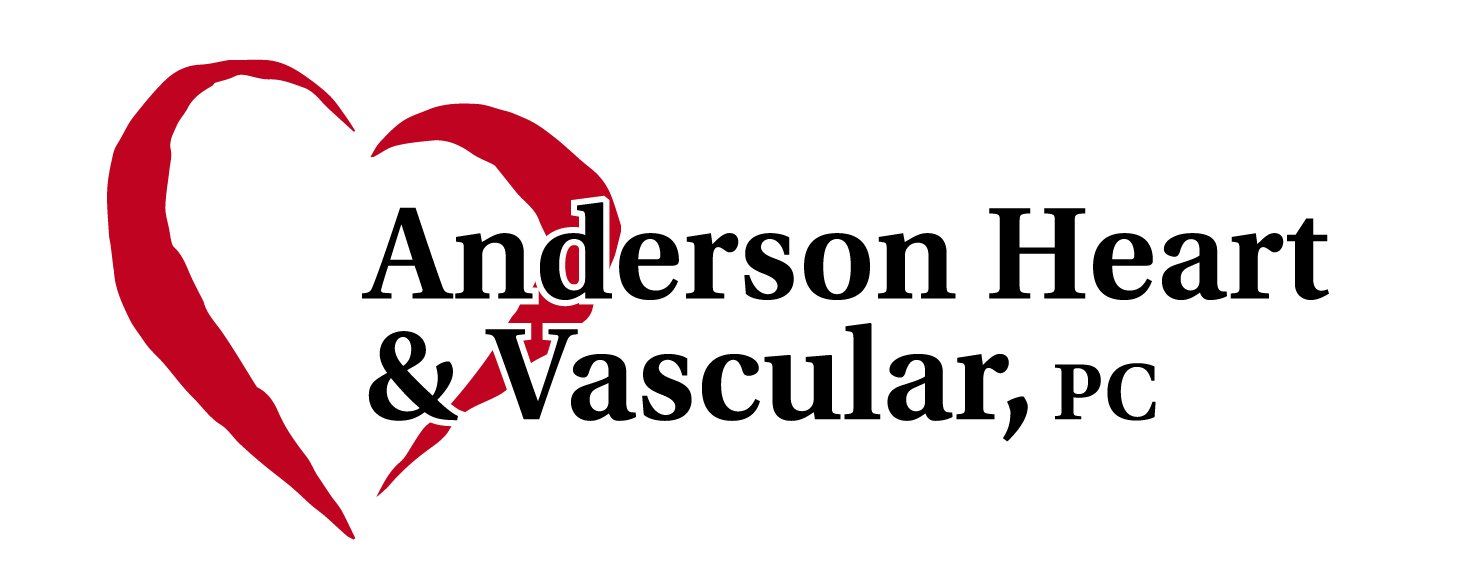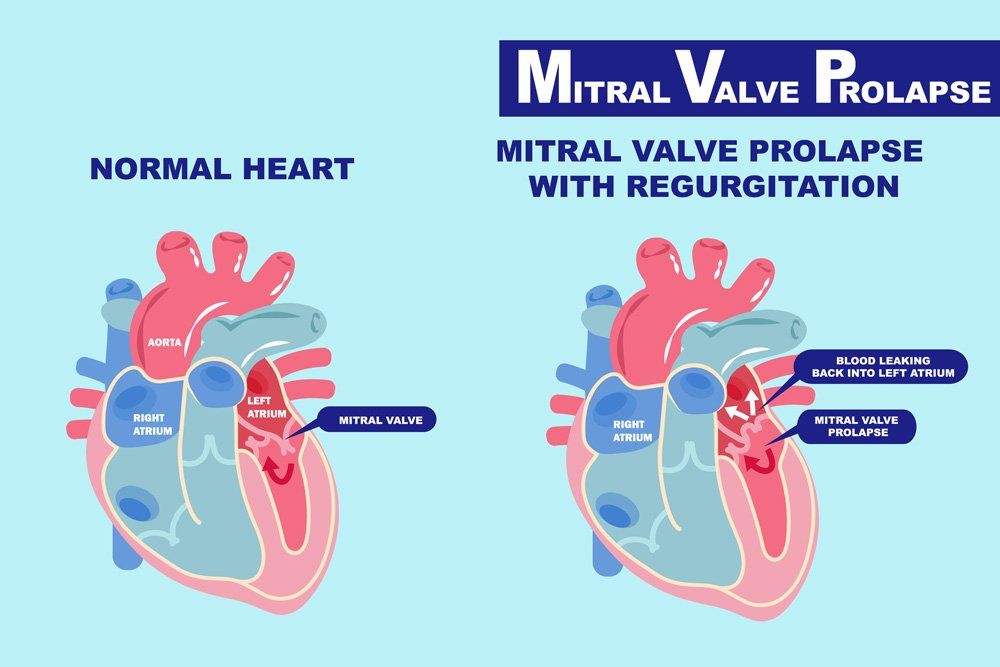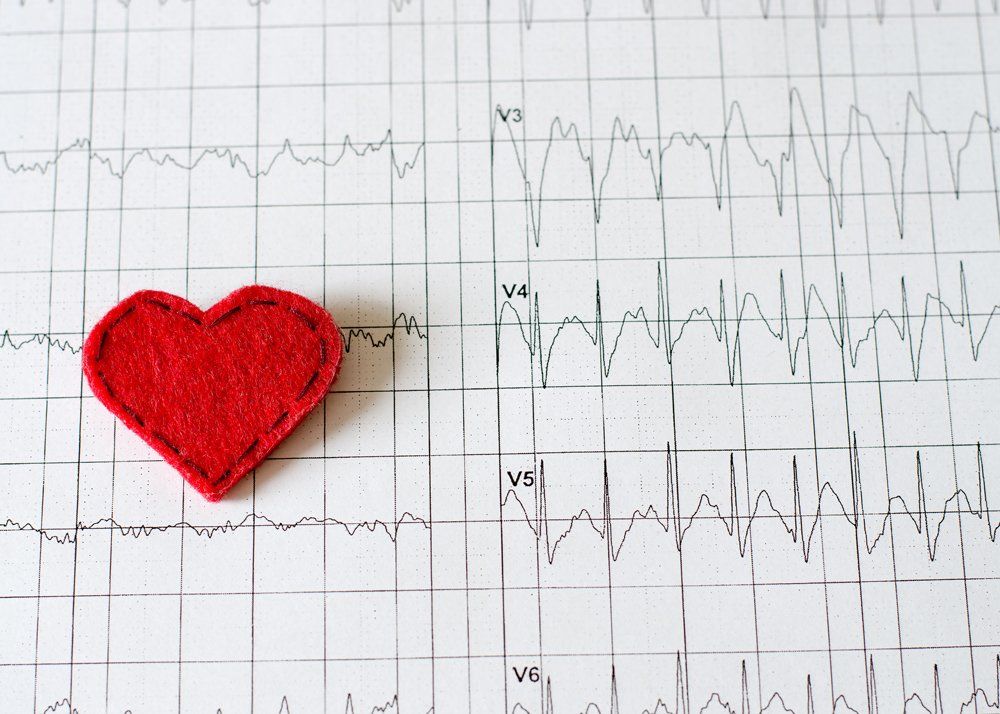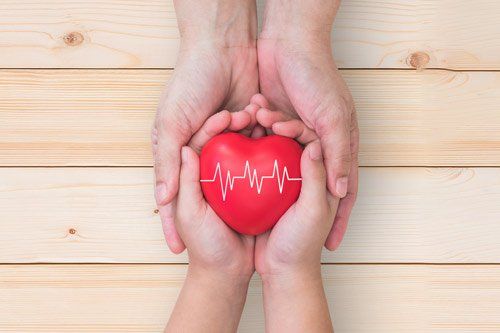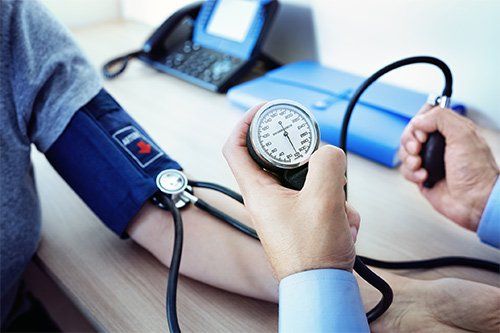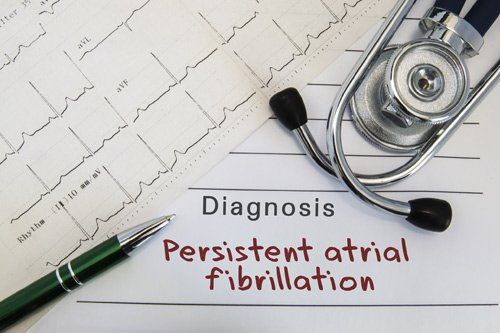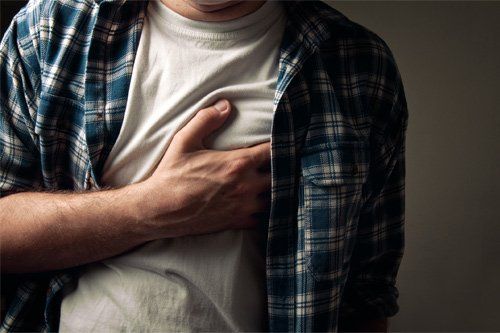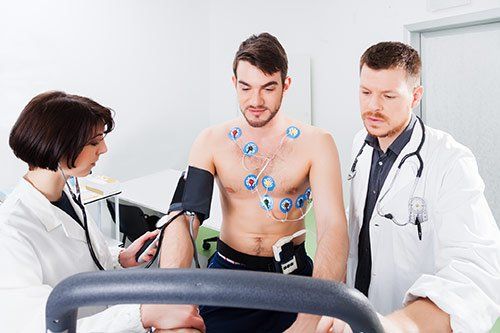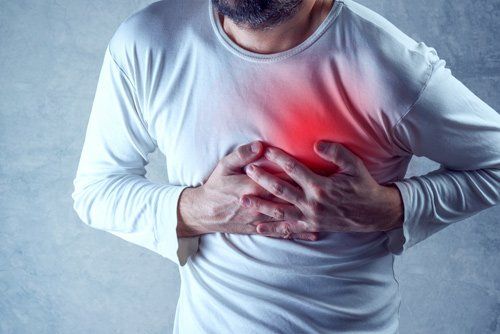The Top Stress Echocardiogram Questions Answered
- By Admin
- •
- 31 May, 2019
- •
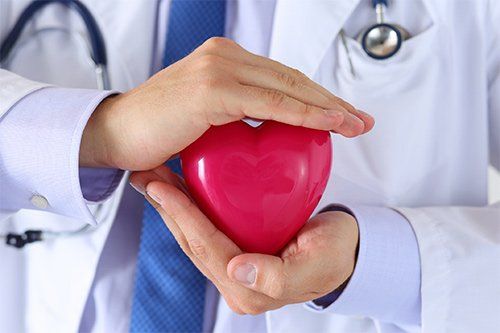
Your doctor just ordered a stress echocardiogram. Now what? It's normal to have questions about this, or any, diagnostic test. If this is your first echocardiogram experience, take a look at what you need to know about a stress echo.
Are Echocardiograms and Stress Echos the Same?
Both of these tests use an ultrasound machine to create images of your heart and surrounding blood vessels. Even though the imaging part is the same, the two tests do have some major differences. These include:
- Activity. A simple cardiac ultrasound involves using sound waves to take a picture of your heart and surrounding blood vessels. A stress echo requires activity before the imaging test.
- Monitoring. Before the actual echo, the person administering the test will monitor your heart rate and blood pressure. This is done while engaging in activity such as riding a stationary bike or using a treadmill.
- Testing. A regular echocardiogram (without the stress test) looks at how the heart functions during normal rest periods. The stress echo test looks at how much blood and oxygen your heart gets during exercise or heavy physical activity.
Talk to your doctor about which echocardiogram you'll need before going in for imagining. There are some special preparation steps you may need to take, depending on which test you'll have.
How Do You Prepare for a Stress Echo?
A stress echo is a non-invasive test - meaning the test is done on the outside of your body. Again, the echocardiogram uses sound waves. This means it's painless and doesn't require anesthesia. Even though you won't need to prep in the same way you would for an invasive procedure, you should still do these things before your test:
- Don't smoke. The nicotine in cigarettes can speed up your heart, interfering with the test's results.
- Don't drink caffeine. Like nicotine, caffeine also speeds up the heart. Avoid beverages such as coffee, tea (herbal is acceptable), soda, energy drinks, and some sports drinks.
- Don't eat chocolate. Chocolate also contains caffeine. Even though chocolate typically doesn't contain caffeine in as high concentrations as coffee or soda, it's best to avoid it in the hours before your stress echo.
- Ask about medications. Some medications may interfere with the test results. Never stop taking prescribed medications without talking to your doctor. But discuss what is and isn't acceptable to take before your test with your medical provider.
Along with knowing what to avoid, you also need to know what to do - and what to wear. You'll need clothes that allow you to exercise comfortably. Choose loose-fitting clothing or work-out gear.
Why Do Doctors Order Stress Echos?
This imaging test helps the doctor to understand how your heart and blood vessels work - especially during activity. A variety of cardiac-related symptoms could lead healthcare physicians to consider this type of test for their patients. Some of the most common include:
- Chest pain with activity. You're working out at the gym, playing a league sport, or engaging in another type of physical activity when your chest starts to hurt. A stress echo shows the doctor how your heart reacts to activity, helping them to diagnose a possible problem.
- Shortness of breath. Unexplained shortness of breath, especially with activity, is another possible reason for ordering a stress echo.
- Cardiac risk factors. The doctor may order this type of test of you have cardiac symptoms/conditions such as high cholesterol or high blood pressure along with unexplained chest pain, shortness of breath, or dizziness.
If you're not sure why the doctor ordered the test, ask. It's important to understand why you need a stress echo and what the results may mean for your health and healthcare routine.
Do you need a stress echocardiogram? Contact Anderson Heart & Vascular, PC for more information.
